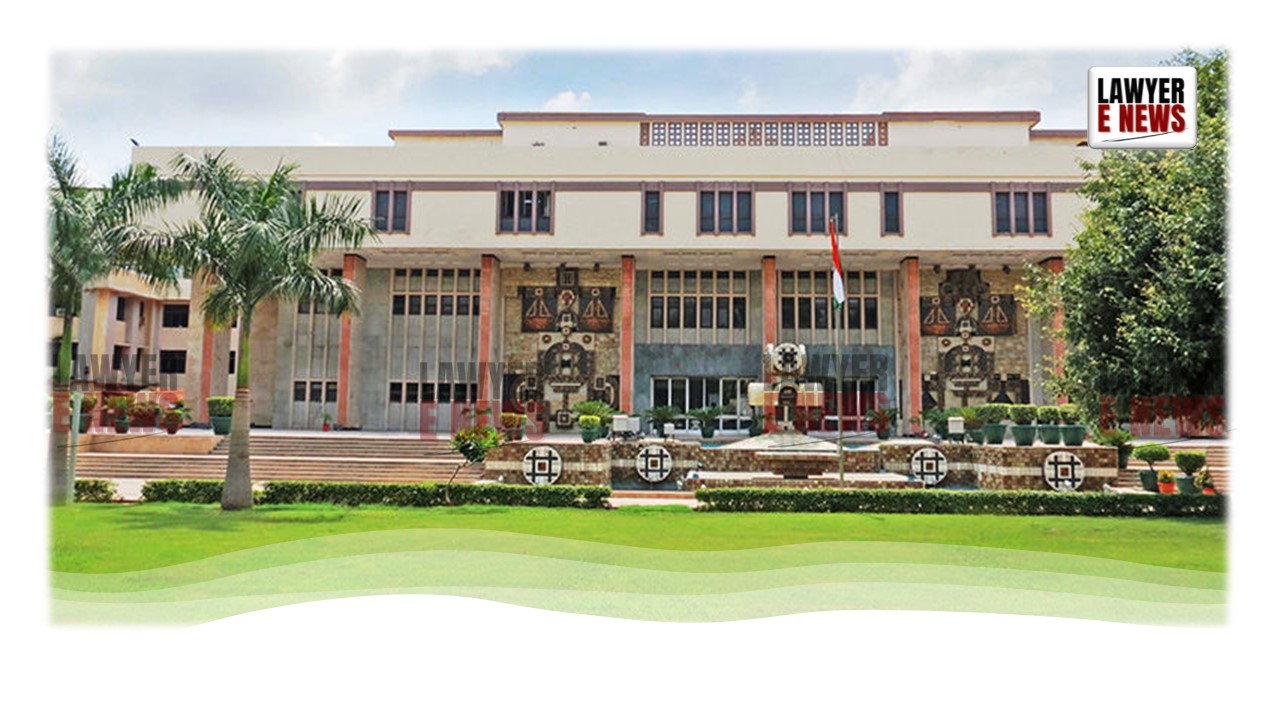-
by Admin
15 February 2026 5:35 AM



The Delhi High Court has dismissed a petition seeking to quash an FIR in a rape case, underscoring the gravity of the allegations and the impermissibility of settling such matters through monetary compensation. Justice Swarana Kanta Sharma, in her judgment, emphasized that allowing the quashing of an FIR based on a financial settlement would undermine the integrity of the criminal justice system.
The case involves petitioner Rakesh Yadav, who sought to quash an FIR registered against him at Mehrauli Police Station in Delhi for offences under Sections 376 (rape), 377, 323, 509, 34, and 380 of the IPC. The prosecutrix, a single mother, alleged that she met the petitioner on a social media platform where he misrepresented himself as a divorced man. She accused him of spiking her drink and sexually assaulting her multiple times under the false promise of marriage, and of subsequently blackmailing her with intimate photographs. The prosecutrix also alleged that the petitioner stole Rs. 2,20,000 from her and continuously threatened her and her child.
Justice Sharma noted the severity of the allegations, which included repeated incidents of sexual violence, deception, and threats. "The allegations made in the FIR reveal continuous incidents of extreme sexual violence and the fact that the accused had misrepresented himself as divorced and had engaged in sexual violence and a sexual relationship with her under the false pretext of marriage," the court observed .
The court extensively discussed the principles governing the quashing of FIRs, particularly in cases involving serious crimes like rape. Referencing the Supreme Court’s rulings in State of Haryana v. Bhajan Lal and Neeharika Infrastructure v. State of Maharashtra, Justice Sharma emphasized that criminal proceedings involving grave offences should not be quashed merely based on a compromise between the parties .
"The offence under Section 376 is a serious crime against society at large," the court stated, underscoring that such cases require thorough investigation and trial to uphold justice .
In a significant observation, Justice Sharma stated, "Money, it seems, is to be exchanged for getting a quietus to the present criminal proceedings for offence of rape—a proposition that is not only immoral but also strikes at the very core of our criminal justice system" . She further noted, "To allow a settlement, such as the present one, to crystallize would amount to trivializing the sufferings of a rape victim, and reducing her anguish to a mere transaction" .
The Delhi High Court’s dismissal of the petition to quash the FIR reinforces the judiciary's commitment to addressing sexual violence with the seriousness it warrants. By rejecting the compromise based on monetary settlement, the judgment sends a clear message that justice in cases of sexual violence is not negotiable and must be pursued through the proper legal channels. This decision is expected to have significant implications for the handling of similar cases in the future, ensuring that the integrity of the judicial process is maintained.
Date of Decision: July 1, 2024
Rakesh Yadav & Ors. vs. State of NCT of Delhi & Anr.
